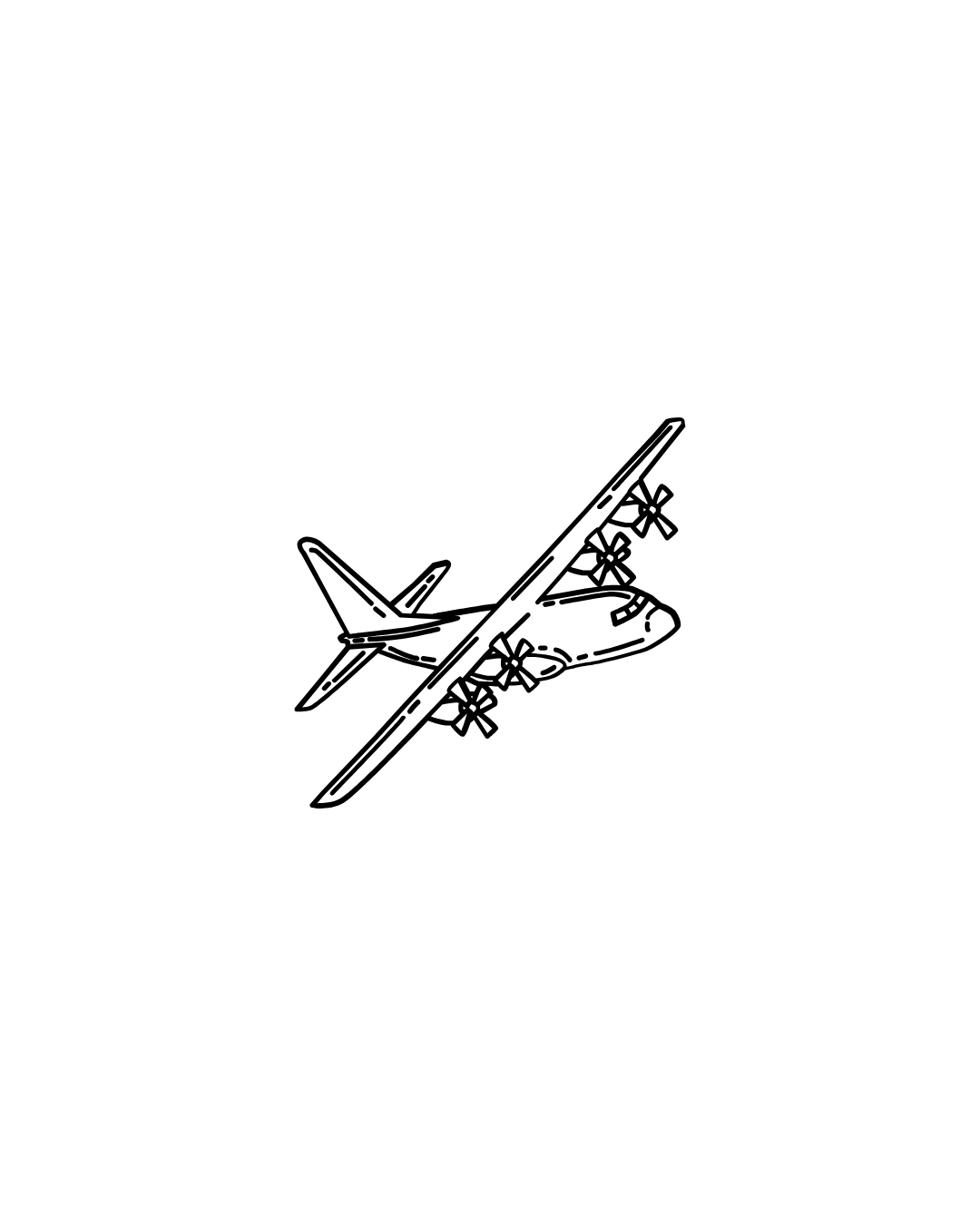Description
A Master of Business Administration (MBA) in Aviation is tailored to prepare students for leadership roles within the aviation and aerospace industries. This specialized MBA program combines core business principles with in-depth knowledge of aviation management, operations, safety, and regulations. Here?s a comprehensive overview of what this MBA typically includes:
Curriculum
Core Subjects: The program usually includes foundational business courses alongside specialized aviation topics, such as:
Principles of Management
Financial Management
Marketing Management
Strategic Management
Operations Management
Aviation Safety and Risk Management
Airline Management
Airport Operations and Planning
Aviation Law and Regulatory Compliance
Aviation Economics and Policy
Air Traffic Management
Practical Experience: Many MBA programs incorporate experiential learning through internships, case studies, simulations, and projects that allow students to apply their knowledge in real-world aviation settings.
Skills Developed
Leadership and Management: Cultivating the ability to lead teams and manage operations in complex aviation environments.
Analytical Skills: Learning to analyze data related to aviation operations, financial performance, and market trends to make informed decisions.
Regulatory Knowledge: Understanding the policies and regulations governing the aviation industry, including safety standards and international regulations.
Safety and Risk Management: Developing skills to assess and manage risks associated with aviation operations and safety.
Career Opportunities
Graduates of an MBA in Aviation can pursue various roles within the aviation and aerospace sectors, including:
Aviation Manager: Overseeing operations within airlines, airports, or other aviation-related organizations to ensure efficiency and compliance.
Airline Operations Manager: Managing day-to-day operations of an airline, including scheduling, ground operations, and customer service.
Airport Manager: Responsible for the overall management of airport operations, including safety, security, and facility management.
Aviation Consultant: Advising organizations on operational improvements, regulatory compliance, and strategic planning within the aviation sector.
Supply Chain Manager: Overseeing the logistics and supply chain processes specifically related to the aviation industry.
Importance
The aviation industry is a critical component of the global economy, and it continues to evolve with technological advancements, regulatory changes, and shifting market demands. As a result, there is a growing need for skilled professionals who understand both the business and operational aspects of aviation. This MBA program equips graduates with the necessary tools to navigate this complex landscape and drive success in aviation management.
Further Studies and Certifications
After completing the MBA, graduates may consider pursuing:
Professional certifications such as Certified Aviation Manager (CAM) or Project Management Professional (PMP) to enhance their credentials.
Continuing education in specific areas like aerospace engineering or air traffic management for deeper expertise.
If you have any specific questions about the program, its curriculum, or potential career paths in aviation management, feel free to ask!









